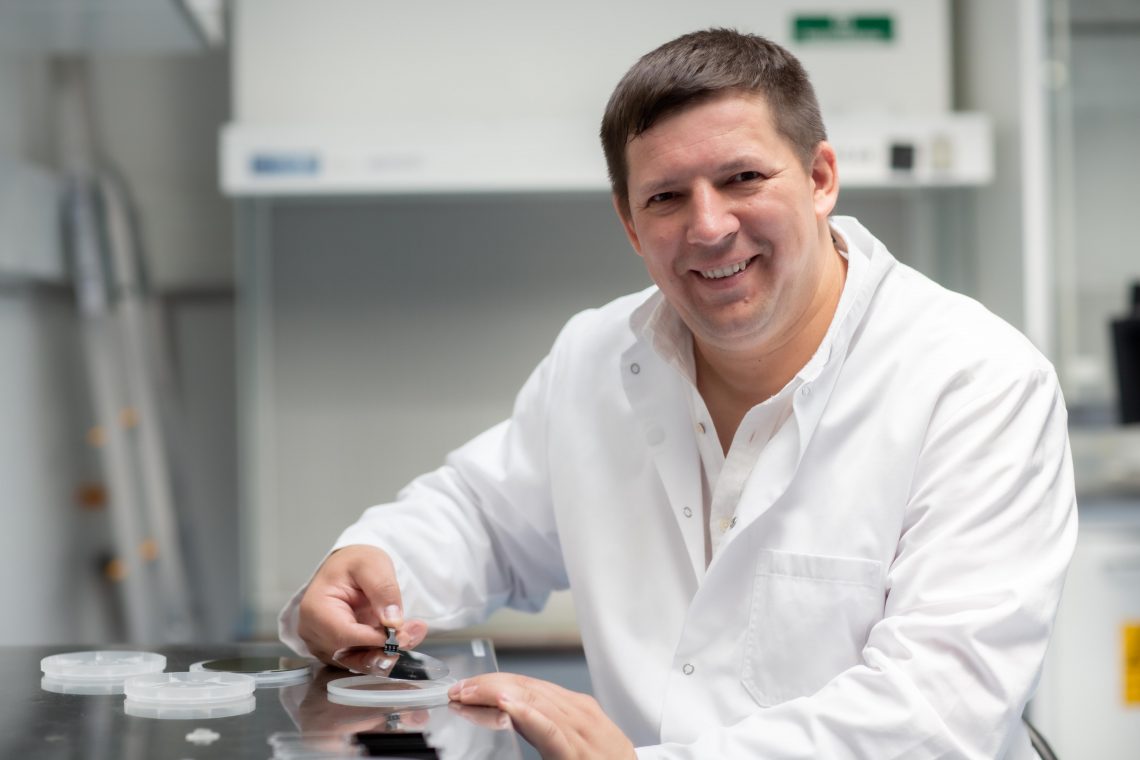ATLANT 3D Nanosystems combines unique technologies to enable manufacturing of advanced materials and electronics at the atomic level. Its aim is to radically change the way microelectronic devices are made so that they can be produced locally instead of having to be shipped across the globe. The Danish deep tech startup says its technology will decrease the time and cost of processing from years and months to days, and give unprecedented flexibility for material innovation, prototyping, and production of micro and nanodevices, replacing the previous clean room-based complex process flows.
The four-year-od company’s technology will allow new advanced materials, devices, and applications to be manufactured in-house, reducing supply chain headaches, increasing flexibility, and making the process more sustainable, says CEO and Founder Maksym Plakhotnyuk. “The process can be fully digital, cost-effective, and provide a possibility for rapid innovation with atomic precision.” he says.
ATLANT 3D’s technology offers another major benefit. New technologies require special solutions “that the traditional semiconductor technology can’t provide,” says Plakhotnyuk. Chips made with ATLANT’s 3D printing technology will be able to power 5G/6G, IoT, curved displays needed for augmented and virtual reality headsets, and emerging technologies such as the metaverse and quantum computing, he says.
The company’s customers including NASA, the European Space Agency, STMicroelectronics, and Japan’s Sony.
ATLANT 3D is one of a number of deep tech startups that will present at Puzzle X, a conference in Barcelona, Spain taking place November 15-17.
Plakhotnyuk and co-founders Ivan Kundrata and Prof. Julien Bachmann, applied interdisciplinary expertise in advanced technologies such as micro and nanofabrication, atomic layer deposition, and high precision system development, chemical engineering and material science to create the company’s core atomic layer 3D printing technology.
The company is supported by three major European universities: Technical University of Denmark, Institute of Electrical Engineering Slovak Academy of Sciences, and Friedrich Alexander University Erlangen-Nuremberg. It has raised $15 million in venture capital.
This article is content that would normally only be available to subscribers. Sign up for a four-week free trial to see what you have been missing.







